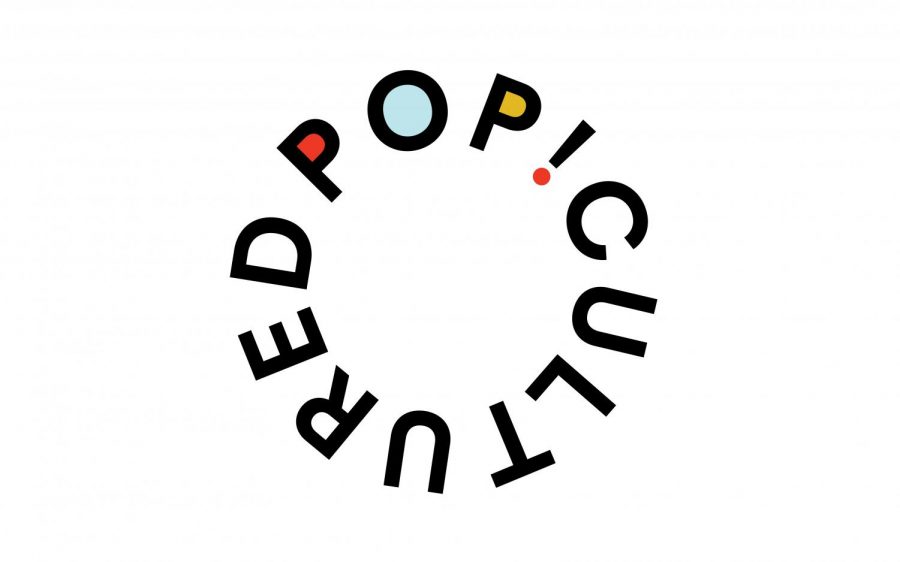Pop-Cultured: Anxiety Inducing Pre-COVID-19 Content
November 10, 2020
With the stress of midterms and election week, my roommates and I decided to spend an evening watching a stress-free movie. After debating and scrolling, we landed on the classic “Ella Enchanted,” where a young Ella (Anne Hathaway) is gifted obedience by her fairy godmother. It turns out that even the most heartfelt, fluffy movies are still anxiety-inducing these days. During a wide shot of a crowd gathering to see the dreamy Prince Charmont, all four of us flinched at the lack of personal protective equipment and social distancing that we are used to today.
When COVID-19 first began spreading, media outlets encouraged us to rewatch our favorite shows and take comfort in spirited television and movies, but even light-weight content isn’t without its own stressors. Is there a way that we should consume media in our changing world to stave off the stress we are trying to avoid?
In researching the phenomenon, I found that InStyle jokingly dubbed this jolting reaction “Netflix and Panic” based on the trend of Netflix and Chill. InStyle journalist Samatha Sutton wrote, “At first glance, someone pushing through a crowd or letting out a loud cough on-screen seems extremely weird and even dangerous.” Strangely enough, Sutton points out that this fear doesn’t leave when watching post-pandemic filmings, even if you are given notice that the cast and crew have quarantined and been tested. The fear isn’t in the fact that COVID-19 is a risk, but that our brains have been re-trained to manage social expectations. “But it’s now a habit to be concerned about everyone’s health, and despite the fact that it’s an added stressor while trying to escape the doom and gloom, I’m not convinced that’s a bad thing,” wrote Sutton.
Still, the impact of this attitude change may not affect everyone the same way. One study from the National Institute of Health found that frequent watchers of horror movies and fans of morbid plots may be more psychologically resilient. Fans of genres identified as “prepper” or spooky in some way were generally more resilient and prepared for the mental and emotional tolls over the recent months.
If nothing else, it’s comforting to know that I’m not alone in these feelings. Deseret News’ Herb Scribner wrote about this anxiety in May, explaining how common-place touching and sharing has rightfully fallen out of practice, making even recent shows feel outdated because “those films and television shows don’t represent the reality we’re experiencing right now.”
Shows that try to emulate this reality still aren’t the content many people want to consume. NBC recently released their new sitcom “Connecting,” filmed over video chats and emulating the struggle to maintain relationships in a distanced fashion. It’s a concept attempted by many artists throughout this year but, to be honest, corona-based comedy doesn’t make me feel any better. I’m no longer interested in media that is solely based on the “memeification” of 2020.
I’m not sure if there is a solution to this problem other than mentally preparing myself to watch a show. Entertainment is designed to be an escape from reality, even if my reality is one whose rules are different from that of the show. With all the recent stress, use these treasured times to binge a favorite show as a practice, not a punishment.








